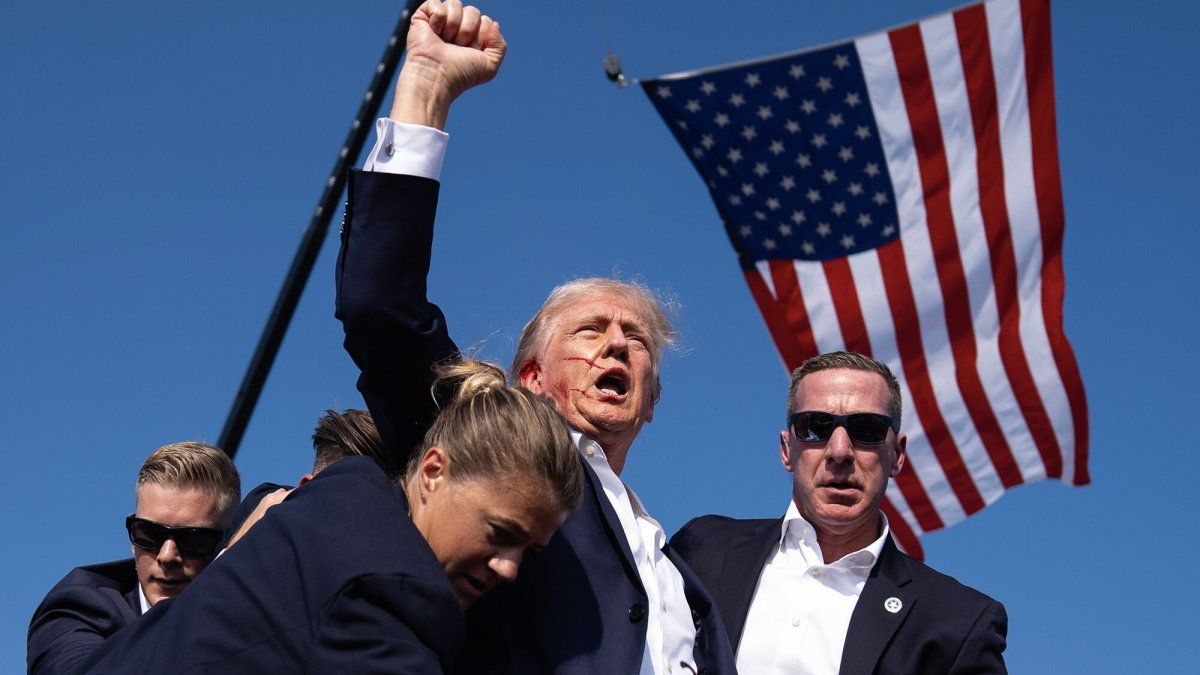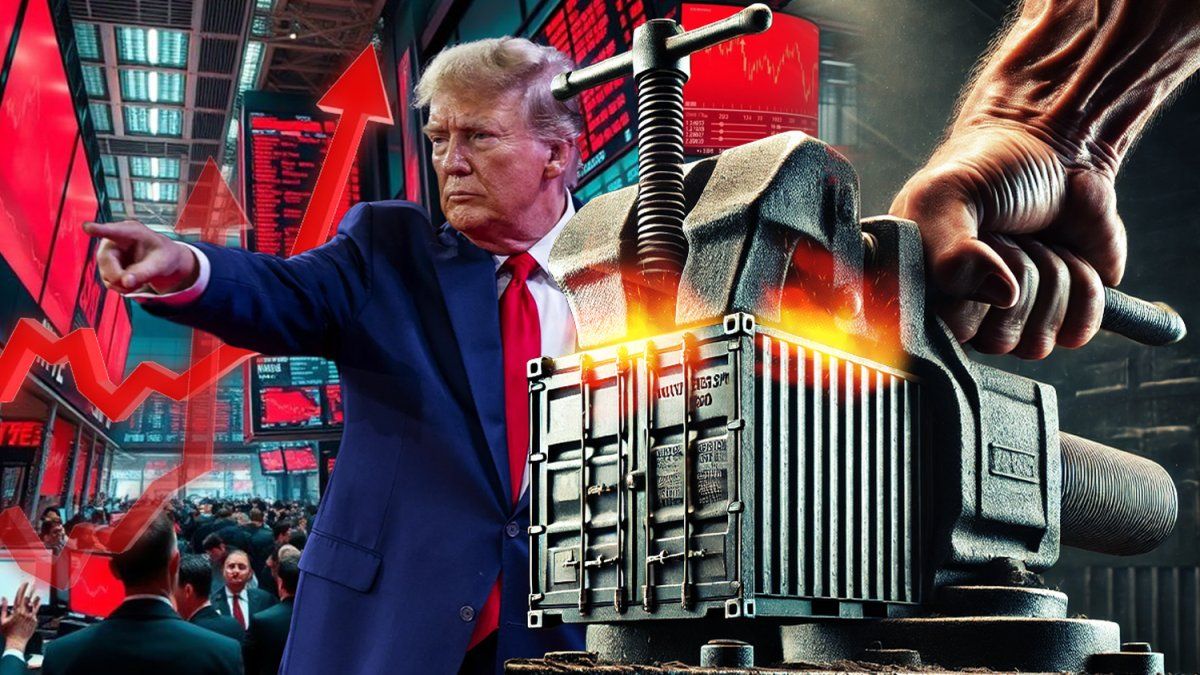“The external shocks come to accelerate the process”, Caamano pointed out.
The symptom of the crisis is that Argentina lives pending the price of the dollar in the black market and in the parallel stock markets, which in recent weeks has faced an upward march that cannot be stopped, after the effect produced by the resignation at the beginning of July of the previous Minister of Economy. The The new minister, Silvina Batakis, is not managing to calm the markets, which keeps the country in constant tension.
less dollars
Argentina has a shortage of international reserves to deal with the new context, in which the US tightens its monetary policy by raising interest rates and strengthening the dollar.
“The main channel of impact (of the strengthening of the dollar) is the drop in the price of commodities (raw materials) and in second place the depreciation of the emerging currencies”Caamaño explained, with the consequence of lower profitability in the exportable sectors and greater incentives to import, in a country that suffers from a shortage of foreign currency.
In addition, Argentina applies a strict exchange control that implies that the official exchange rate, which is used to export and import, does not depreciate as much as the currencies of its trading partners while registering high inflation, 64%. annual to last June subtracting more competitiveness.
As a consequence of the exchange restrictions, the so-called “exchange stock”, parallel exchange rates proliferate in the stock market and in the black market -called “blue”-, which with a gap of over 130%, reflect the expectations of devaluation and the weakness dragging the Argentine peso.
“That’s why no one wants to accept it from you,” Caamaño said.
In neighboring countries, there are cases in which Argentine pesos are not accepted or a more unfavorable exchange rate is offered than the official one, as happened this month in Bolivia, where an Argentine was denied medical attention for not wanting to accept payment in Argentine pesos, while in the neighboring provinces there are Argentines who prefer to save in Bolivian currency.
lack of horizon
Behind the weakness of the Argentine peso and high inflation is the fiscal deficit, Caamaño said, and its financing with monetary issue.
The political crisis within the Executive, between the ranks of the Argentine president, Alberto Fernández, and the vice president, Cristina Fernández de Kirchner, due to the management of the fiscal deficit and the fulfillment of the goals of the program with the International Monetary Fund (IMF) , which forecasts a reduction in the primary deficit to 2.5% of GDP this year, undermined the credibility of the Peronist government to stabilize the economy.
“Basically, the weakness of the currency has to do with the lack of horizon”said Caamaño, because “no one understands how it will be resolved without another crisis.”
When entering these high-inflation regimes, “the key” is for something to “anchor expectations,” Caamaño said, and “the problem” is that the 2023 presidential elections are more than a year away.
debt risk
Argentina is less affected by another transmission channel for the rate hike in the US, since the debt market is closed, with a country risk of close to 3,000 basis points.
But the current fragility has also deteriorated the value of Argentine assets, since the dollar bonds restructured in 2020 are trading as if they were going to default.
“It has to do with the lack of horizon,” explained Caamaño. “It is not clear to anyone how it is going to be resolved in the future and if that solution is not going to include a new restructuring.”
Coverage and shortcuts
As no one knows when this “set of problems that have been carrying and deepening” will be resolved in the form of a crisis, Argentines run to take refuge buying dollars and the trend towards bi-monetaryism that characterizes the Argentine economy is reinforced.
Analysts and politicians propose monetary shortcuts to solve this bimonetary system, such as a dollarization of the economy or convertibility systems or exchange rate splits: “The problem is that they are not going to solve the underlying problem, which is fiscal, and has costs.Caamano said.
Source: Ambito
David William is a talented author who has made a name for himself in the world of writing. He is a professional author who writes on a wide range of topics, from general interest to opinion news. David is currently working as a writer at 24 hours worlds where he brings his unique perspective and in-depth research to his articles, making them both informative and engaging.




